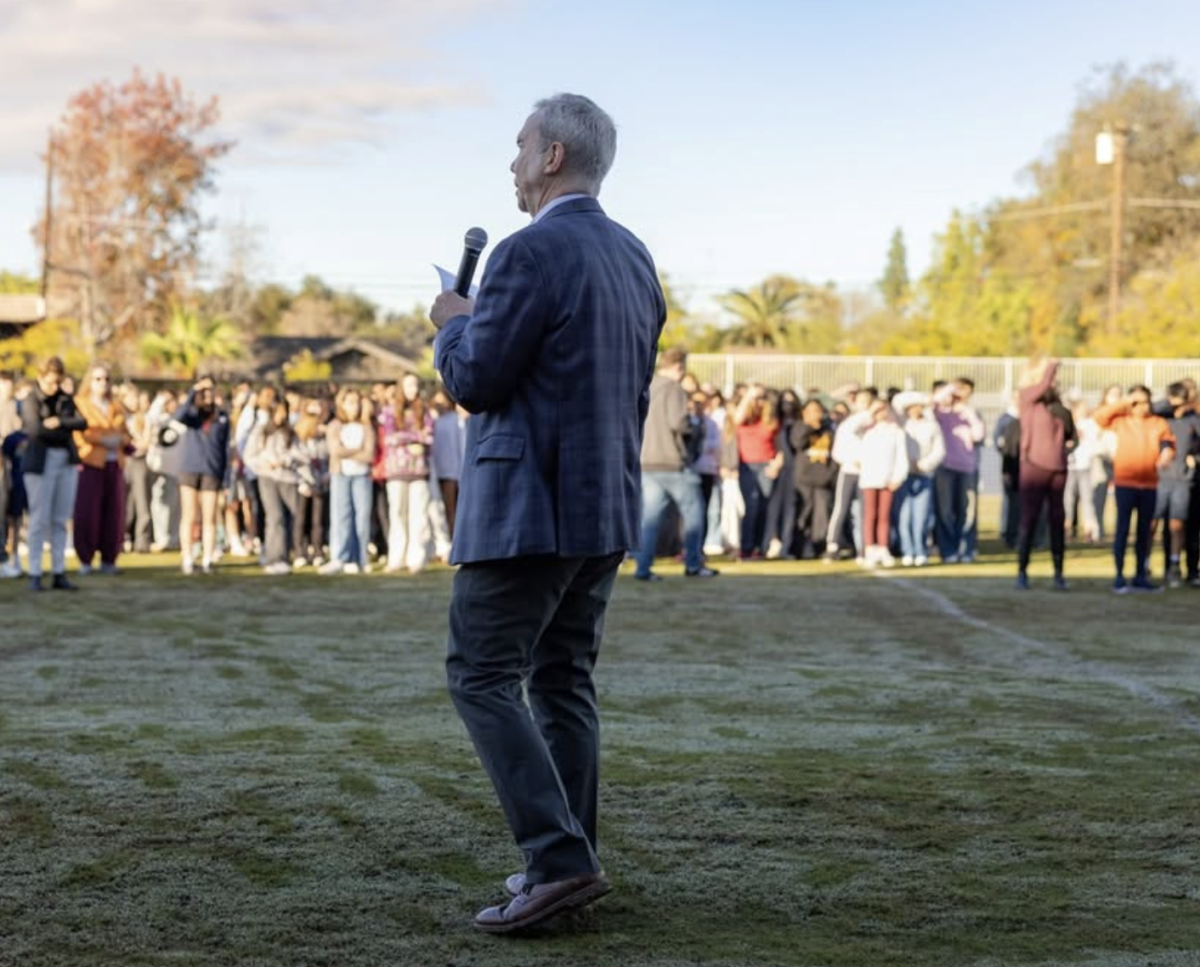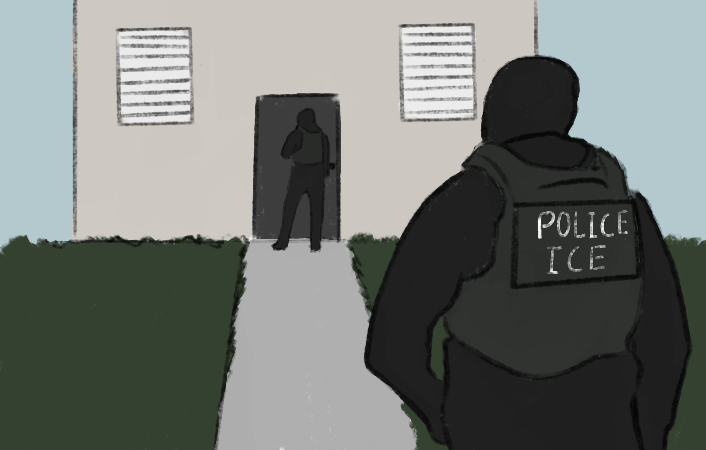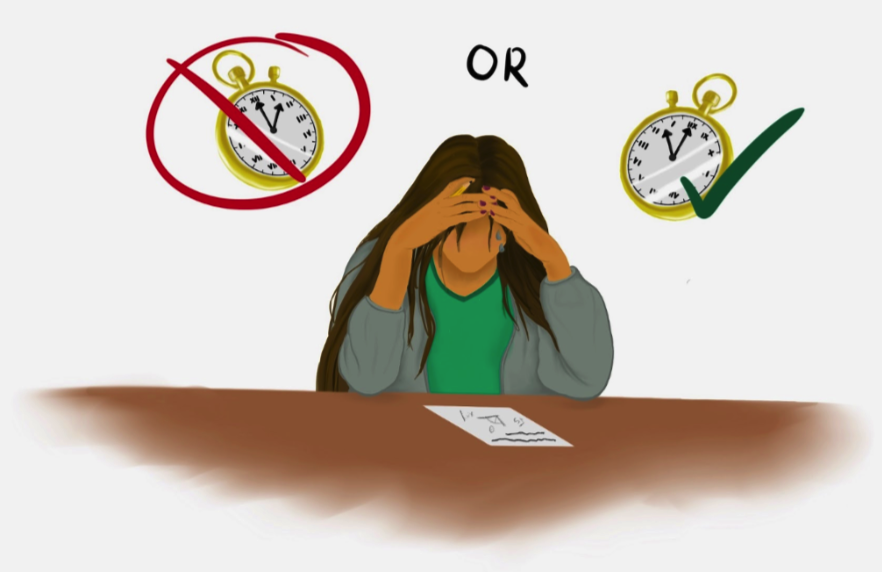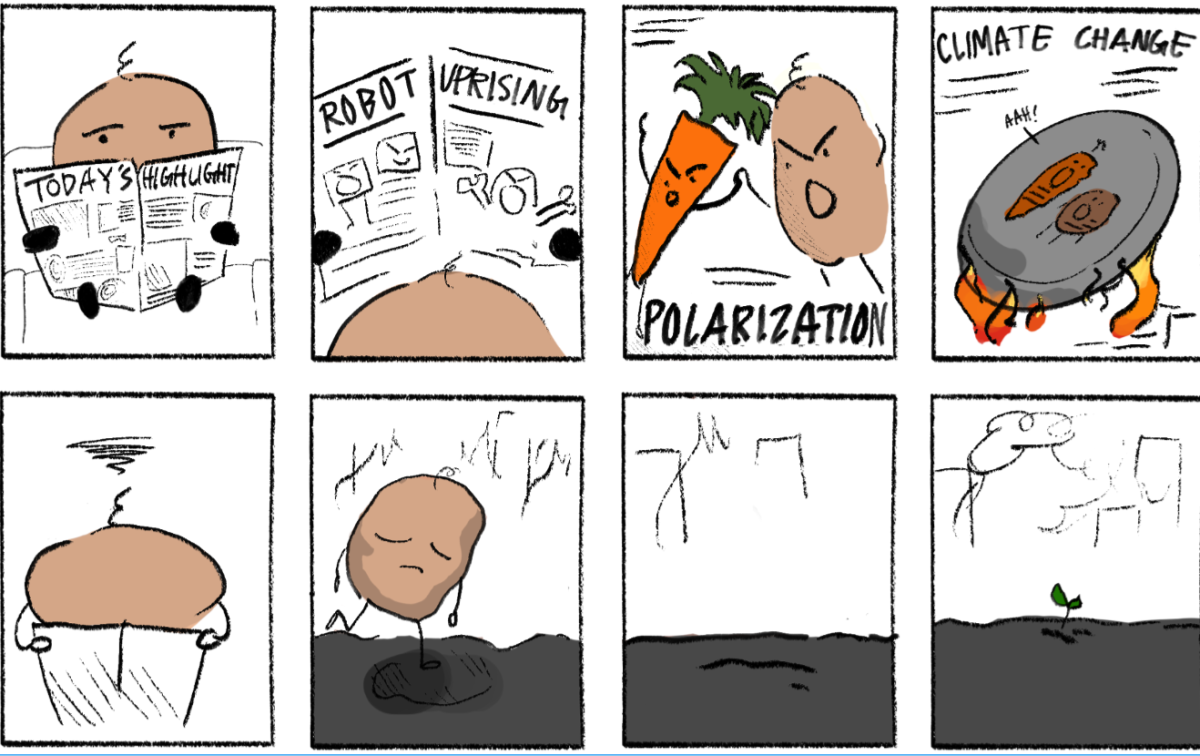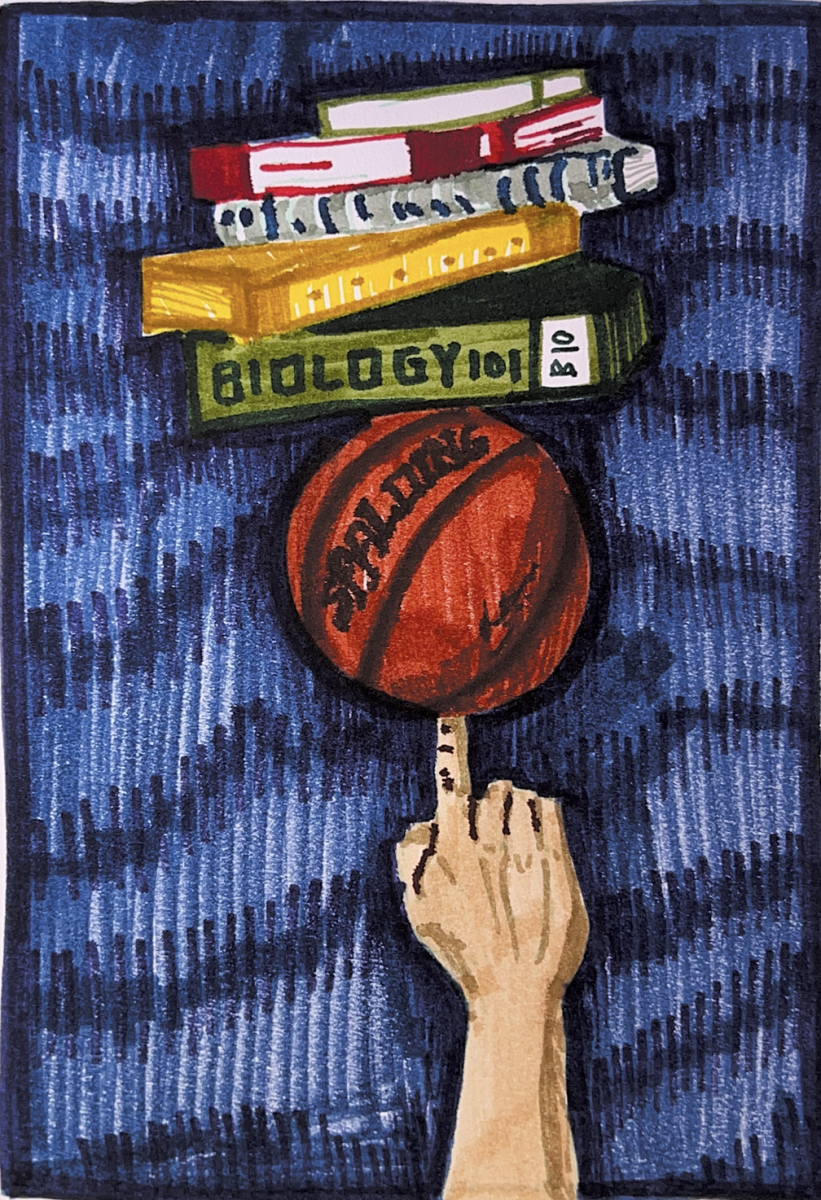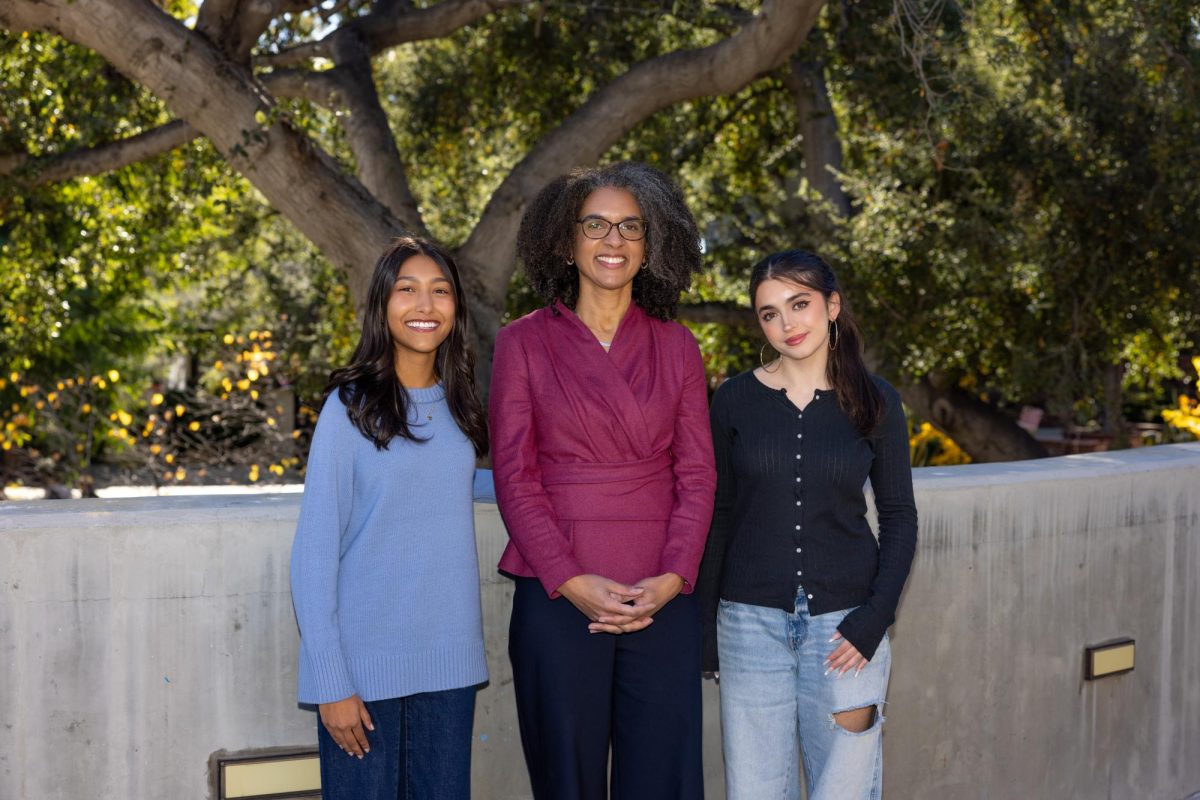As immigration policy remains a prominent issue in the U.S., the PolyGlobal program aimed to foster meaningful dialogue by hosting a panel discussion on the challenges and experiences of Deferred Action for Childhood Arrivals (DACA) recipients on Thursday, Jan. 30. The event featured Professor of Law and Co-Director of the University of Southern California (USC) Immigration Clinic Jean Reisz; DACA recipient and LAist radio host Brian De Los Santos; and Director of Audio News at the USC Annenberg School for Communication and Journalism Leslie Berenstein Rojas.
Introduced in 2012, DACA provides temporary protection to undocumented immigrants who arrived in the U.S. as children, offering benefits such as work permits and protection from deportation, all subject to renewable two-year periods. Despite its significance, the future of DACA remains uncertain due to ongoing litigation, with over 530,000 recipients living with the ongoing challenge of an unpredictable immigration status.
The panel discussion aimed to answer many pressing questions and offer a personal perspective on the real-life impact of these policies. Over 50 students attended, contributing reflections to a PolyGlobal-sponsored Padlet, where many expressed a deeper understanding of the issue. Among the students was senior Ariely Aragon, who helped facilitate the discussion and organize the event.
“The discussion was both informative and moving, highlighting the real-life impact of immigration policies,” shared Aragon. “Mr. De Los Santos shared his powerful journey as a DACA recipient, emphasizing the uncertainty and emotional toll of living with an unpredictable immigration status.”
One global scholar, senior Reza Mohammed, had this to say: “I thought that it was incredibly insightful, due to the variety of perspectives and the passion of the speakers.” He continued, “Mr. De Los Santos’ story as a DACA recipient was very topical and relevant to the political climate in the United States today, and I felt that his perspective truly offered us a glimpse into the lives of those who have been a part of the DACA.”

